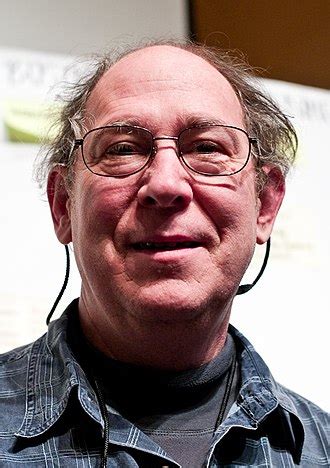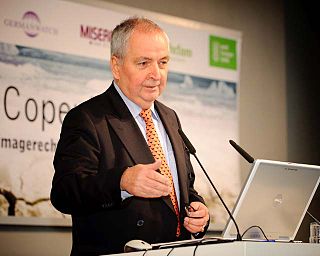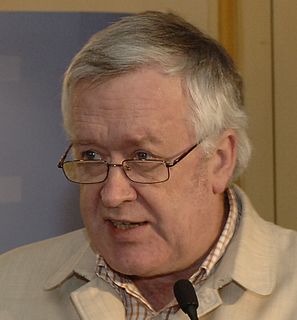A Quote by David Miliband
The window of opportunity to avoid dangerous climate change is closing more quickly than previously thought.
Related Quotes
It is certainly true that conservative Christians are much more likely to doubt the reality of climate change than mainline Christians or the unaffiliated. But when we control for political affiliation and for the important role of thought leaders in determining our opinions on social issues such as climate change, most of the faith-related bias disappears.
The IPCC (Intergovernmental Panel on Climate Change, a group of more than 2,500 scientists) has provided the world community with first class assessments of the soaring temperatures the world is facing, the devastating impacts of these rises and the ways in which we can try and avoid the worst effects of global warming. We now know climate change is real and the hand of humankind in this warming is becoming clearer and clearer.
I think the challenge of climate change in particular is the challenge for us to create and produce new norms for a new kind of world. And that's why I think as important as the issue of climate change is, it's even more important than it seems because if we can't evolve very quickly, new norms to deal with issues like climate change, we're not going to be able to survive in the kind of world we've created. So I think, really, the whole nature of democracy, of governance, of global community and of solving the kinds of problems of the 21st Century are really at stake.
We can no longer completely avoid anthropogenic climate change. At best, limiting the temperature rise to two degrees is just about possible, according to optimistic estimates. That's why we should spend more time talking about adjusting to the inevitable and not about reducing CO2 emissions. We have to take away people's fear of climate change.
Despite the international scientific community's consensus on climate change, a small number of critics continue to deny that climate change exists or that humans are causing it. Widely known as climate change "skeptics" or "deniers," these individuals are generally not climate scientists and do not debate the science with the climate scientists.

































